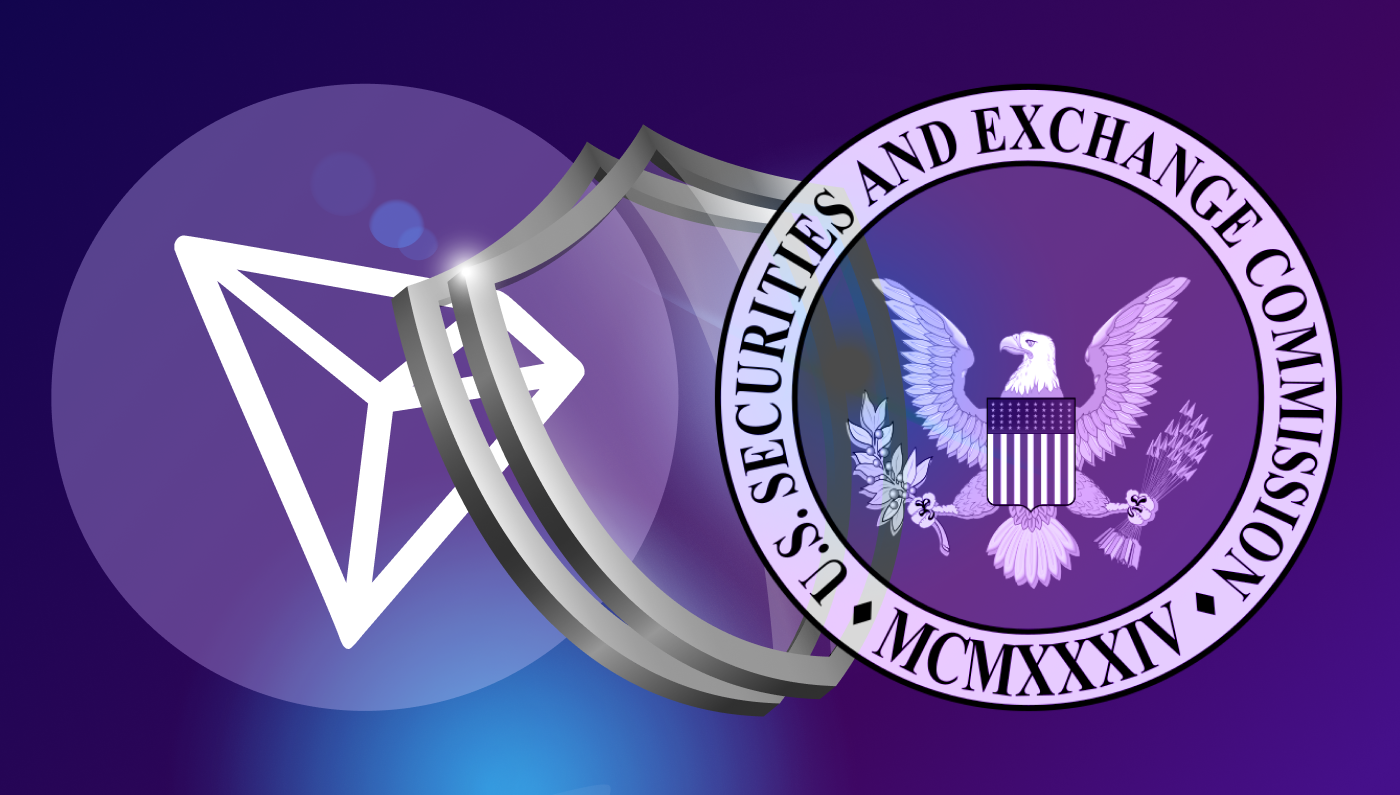

Tron Foundation Challenges SEC Lawsuit, Asserts Global Jurisdiction Limits
Tron, the entity behind the layer-1 blockchain Tronix (TRX), and its founder Justin Sun have launched a robust defense against the United States Securities and Exchange Commission (SEC), challenging the regulator’s jurisdiction over foreign activities. The foundation’s move comes as a direct response to the SEC’s allegations that Tron’s sale of tokens, including TRX and BitTorrent (BTT), constitutes unregistered securities offerings.
In a dismissal motion filed with a New York federal court on March 28, Tron argued that the SEC’s attempt to apply U.S. securities laws to “predominantly foreign conduct” goes “too far.” The foundation emphasized that the SEC is not a global regulator and should not have authority over foreign digital asset offerings to foreign purchasers on global platforms.
A New Chapter in an Ongoing Legal Battle
Tron’s legal battle with the SEC stems from allegations of wash trades, a practice where platforms engage in trading to artificially inflate market activity. The SEC claims that Tron used such tactics to secretly compensate celebrities like Akon and Soulja Boy for promoting tokens. However, Tron vehemently denies these allegations, stating that the SEC has failed to present concrete evidence of wash trades or identify any victims.
The lawsuit, filed by the SEC last March, also targeted file-sharing platform backers the BitTorrent Foundation and its San Francisco-based parent firm Rainberry Inc., both of which Tron acquired in 2018. The SEC alleges that the sale of TRX and BTT tokens was conducted as unregistered securities offerings.
Tron emphasized in its motion that the tokens were sold “entirely overseas” with measures taken to avoid the U.S. market. The foundation further noted that the SEC did not allege that the tokens were initially offered or sold to any U.S. residents.
Moreover, Tron argued that even if the SEC had jurisdiction, the tokens do not meet the classification as investment contracts under the U.S. securities classification, known as the Howey test.
Why the Case Matters for the Industry as a Whole
The legal dispute between Tron and the SEC carries broader implications for the cryptocurrency industry, particularly concerning the extraterritorial application of U.S. regulatory frameworks. Tron’s resistance highlights the challenges faced by global blockchain projects navigating a regulatory landscape with ambiguous jurisdictional boundaries.
Despite the legal turmoil, Tron’s native cryptocurrency TRX has demonstrated resilience in the market. Currently trading at $0.1215 with a 3% daily surge, TRX’s value remains steady amidst the uncertainty. Cryptocurrency experts anticipate fluctuations in TRX’s price throughout April 2024, with projections ranging from $0.0970 to $0.155, and an average value expected around $0.126.
Tron’s motion to dismiss the SEC lawsuit is a pivotal moment in the ongoing debate over regulatory oversight in the cryptocurrency space. The outcome of this legal battle could set a precedent for how U.S. regulators interact with foreign-based blockchain projects, shaping the future landscape of the industry.
This news is brought to you by ai-stakes.com, an artificial intelligence application that automates crypto trading, allowing you to effortlessly generate profits.
Ready to revolutionize your trading experience? Click here to register and embark on your journey to financial empowerment with ai-stakes.com.









